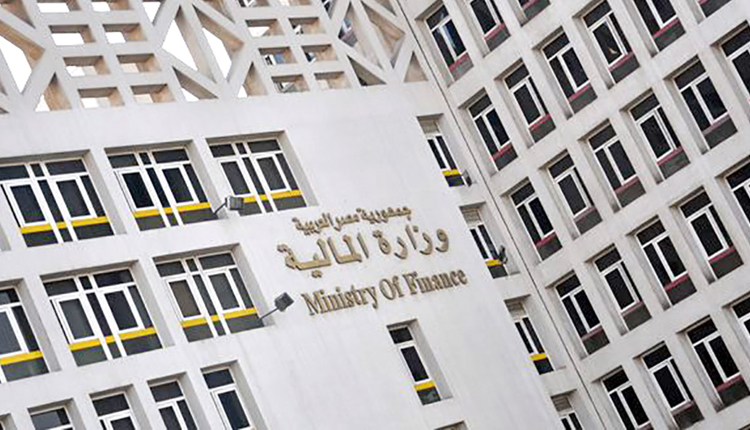Egypt is to launch its first “green bonds” along with its planned foreign currency bond offering in the fourth quarter of the financial year 2018/2019 or the first quarter of next year.
Green bonds are funds which are financed towards bettering the climate and the environment altogether by implementing eco-friendly projects.
Egypt’s market regulator announced in August last year the approval of the green bond legal framework, establishing an article to regulate the issuance of green bonds and contribute to eco-friendly projects in the country.
The International Finance Corporation (IFC) and the Egyptian Financial Supervisory Authority have been discussing since June 2018 the rules and guidelines for the green bond issue.
By issuing green bonds, Egypt seeks to fund eco-friendly projects and provide them with the appropriate tools to establish such projects. The projects will cover the fields of renewable energy, construction, transport, sustainable housing, and more. Green bonds are usually provided by international organizations such as the World Bank, a huge issuer of green bonds.
According to the International Financial Corporation, green bond market has seen explosive growth in the past decade, presenting “an unrivaled opportunity in climate finance.” The annual issuance of green bonds has reached to more than $155 billion in funds worldwide in 2017 alone, the IFC said in a recent report.
The market began with a climate awareness bond issued by the European Investment Bank in 2007. Since then the World Bank Group has created a notable supply of investable green bonds.
Since 2010, the World Bank’s investment arm IFC has issued more than $7 billion in green bonds to private investors in its own name—proceeds that have been used in solar power in Mozambique, wind power in Panama, climate-smart public transit in Turkey, and a host of other projects.
